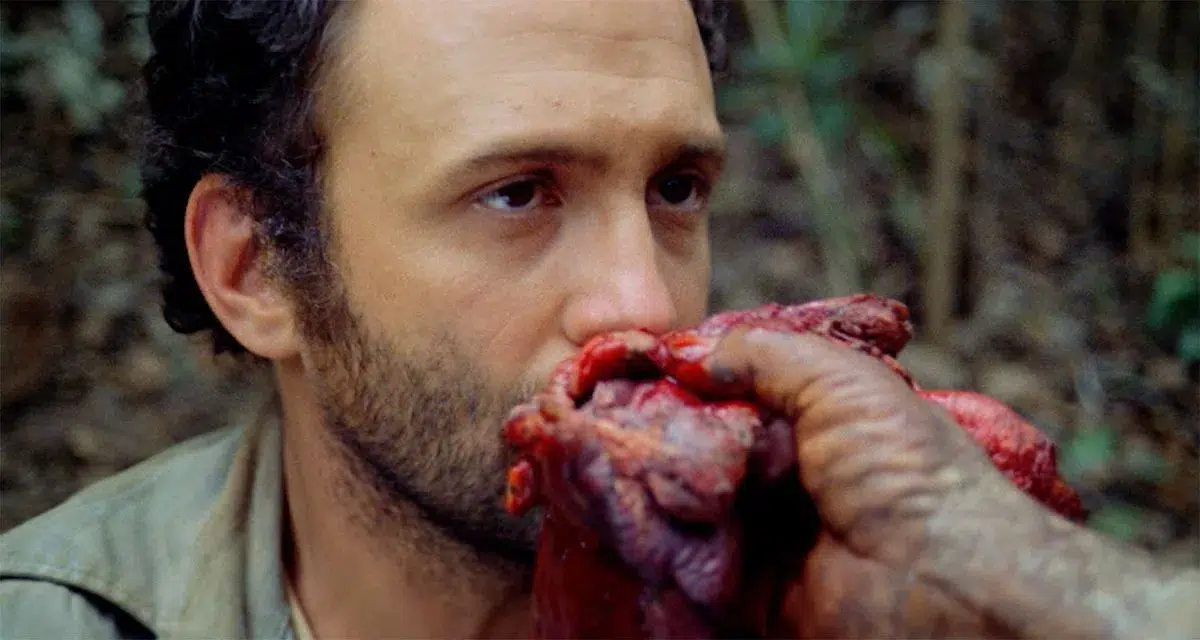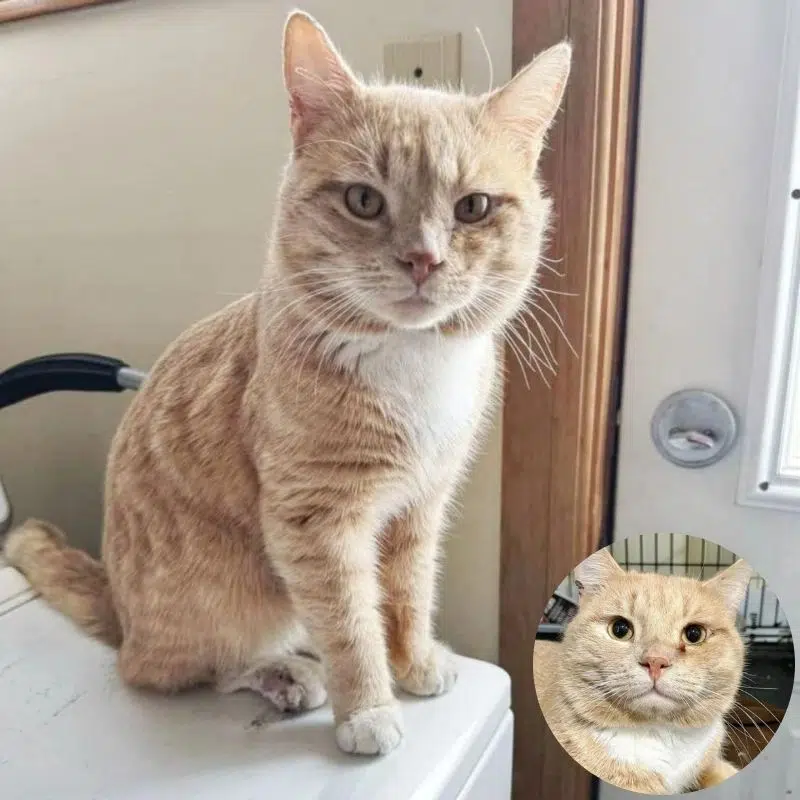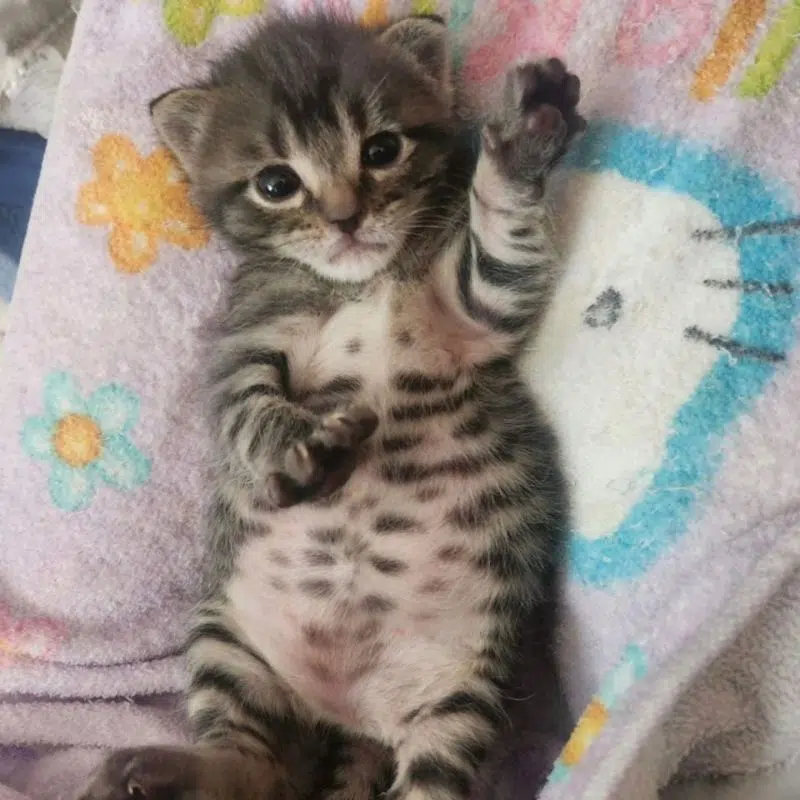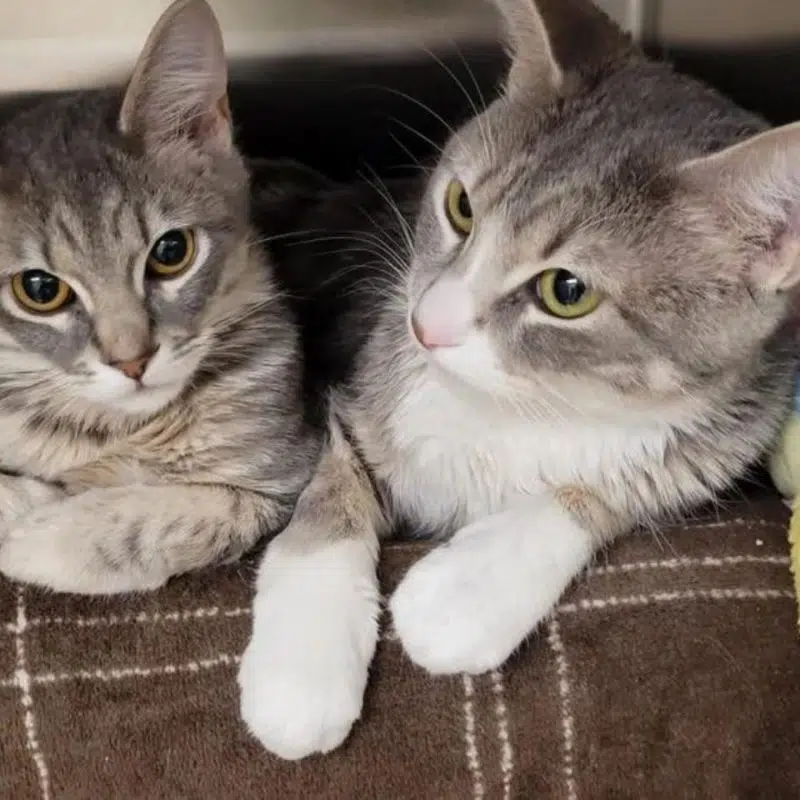Horror films from the 1980s are still considered to be among the best of the genre.
They continue to be adored by the general public, perhaps because of their zany plots or less-than-polished appearances, which appeal to modern audiences even more than horror films that have been made more recently.
Films like The Shining (1980) and The Poltergeist (1982) have become cult classics because they evoke the same feelings of fear and nostalgia even in modern times.
However, there is a graphic horror film from the 1980s that you may not be familiar with, and it has a much darker past.

There is no doubt that this terrifying film had a profound effect on the audience.
One horror fan said: “This is such a sick and twisted, wrong film. There is nothing morally salvageable about this repulsive affair.”
Another writes: “It’s not even an easy recommendation for horror fans in general. It has an uncanny ability to make the whole thing seem surprisingly real.”
“This is true horror,” a fourth adds.

Filmmaking was changed by Ruggero Deodato, the Italian director of the infamous film. His eerie horror movie is recognized as the pioneering found-footage movie and went on to inspire numerous other films, such as the well-known The Blair Witch Project.
Despite being a trailblazer, the movie became contentious nearly right away.
It tells the story of a documentary team searching for a cannibal tribe in the Amazon rainforest. Eventually, though, the crew is reported missing, and a rescue squad is dispatched to investigate.
Found footage shows viewers the horrific end of the lost crew.

According to Variety, the 1980 film’s vivid images of violence led to its purported prohibition in 50 nations.
The unsettling movie was taken by local magistrates less than two weeks after it debuted in Milan. Deodato was then accused of murder and obscenity after it was revealed in an article that some of the fatalities in the movie were true.
To maintain the impression that the recovered footage and the murders depicted in it were authentic, Deodato allegedly stipulated in his contracts with the mostly unknown performers he used for the film that they could not promote it in any way.
The movie was shown in court as proof against the filmmaker during the criminal trial.
According to The Guardian, Deodato was compelled to appear in court with his actors to get the murder allegations dismissed.

Expert assessments of the movie are equally conflicted.
For Collider, Chase Hutchinson says: “The film is, to put it bluntly, one of the most intentionally distasteful and violent experiences one could ever watch. It also remains one of the genre’s most enduring, for better and worse, after all these years.”
The Guardian’s Steve Rose writes: “Whatever its sins, Cannibal Holocaust’s influence has been acknowledged by directors from Oliver Stone to Quentin Tarantino, and across the horror world. Deodato is proud his film created the ‘found footage’ genre. The fact that Cannibal Holocaust’s content has been less imitated than its style can only be good news for humanity, censorship panels, the ecosystem and avant-garde cuisine.”

Deodato spent three years trying to get his film banned, and in 1984 it was finally lifted in some countries, though only for a recut version of the film.
The animal fatalities in the film were real, even though the human deaths in it weren’t.
The deaths of a coatimundi, a turtle, a spider, a snake, two squirrel monkeys, and a pig occurred on screen, and this terrible detail continues to terrify spectators everywhere.
On the death of animals in the filming process, Deodato told The Guardian: “The death of the animals, although unbearable – especially in a present-day urban mindset – always happened in order to feed the film’s characters or the crew, both in the story and in reality.”
In an interview with Starburst Magazine about the infamous movie, Cannibal Holocaust, he said: “So many things have happened in the world, and yet my film is still a figure of controversy. But I like that.”



